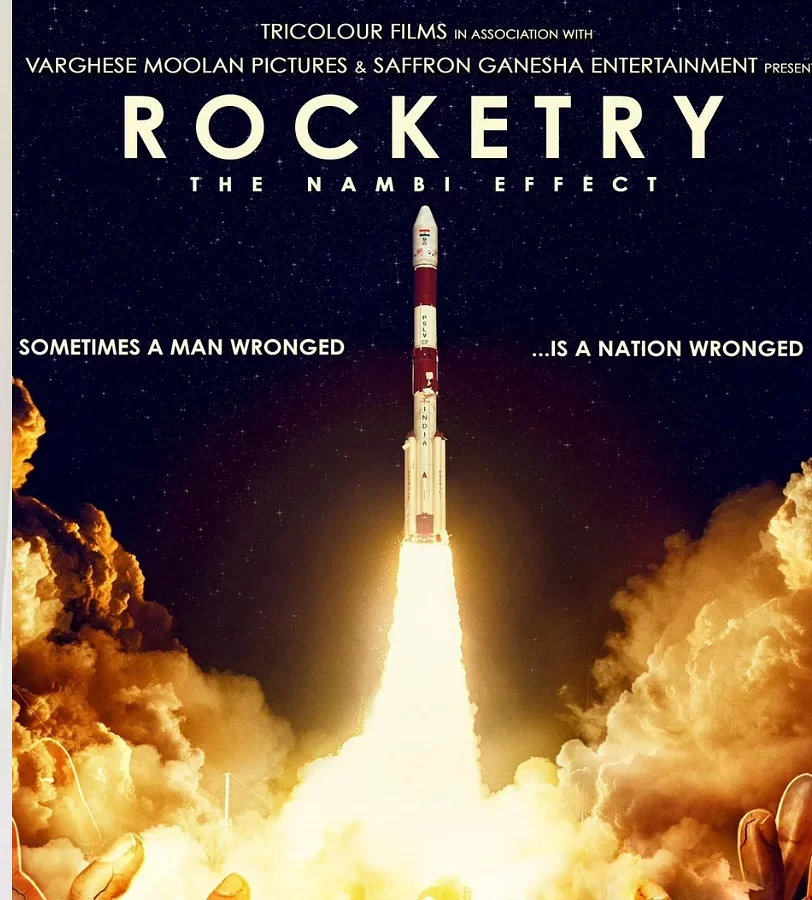MUMBAI: A wide coalition representing American movie, television and music industry and labor groups urged the Federal Government to bolster its efforts to protect intellectual property and protect the jobs and wages lost because of content theft.
In response to a request for public comment by the White House’s Office of Intellectual Property Enforcement, the American Federation of Television and Radio Artists (AFTRA), the Directors Guild of America (DGA), the International Alliance of Theatrical Stage Employees (IATSE), the National Music Publishers’ Association (NMPA), the Screen Actors Guild (SAG), the Motion Picture Association of America (MPAA) and the Recording Industry Association of America (RIAA) submitted a joint filing that outlined the organizations’ collective views.
The groups commended the U.S. Intellectual Property Enforcement Coordinator (IPEC) Victoria Espinel, for embarking on this landmark effort to develop the first Joint Strategic Plan for enforcing intellectual property rights. And while they hailed the promise of online distribution models, in their submission they emphasized that its potential was undermined by the theft of creative content:
“While that threat takes many forms, the growth of online theft of copyrighted works presents the greatest and most urgent challenge. The internet in general, and broadband services in particular, offer many new and exciting opportunities to consumers; prime among them are new ways to create, distribute, and enjoy copyrighted works. But when these networks are abused to provide widespread unauthorized access to these works that undermines seriously the incentive to invest in the creation of content for this new medium, or for more traditional distribution channels. U.S. jobs, economic recovery and growth, and U.S. global competitiveness are consequently weakened. Unauthorized worldwide dissemination of full-length copyrighted works is clearly unlawful, under U.S. law and that of most other nations; yet it is pervasive online, and this abuse throttles the potential of the Internet to deliver its full benefits to the American consumer. While in many cases this unlawful activity is stimulated by criminal enterprises that profit from the thefts they promote, it also thrives on the willful ignorance and tacit support of other businesses that are unwilling to take commercially reasonable steps to address it. Online copyright theft undermines our economy, steals our jobs and threatens our national interest.”
The filing catalogues not only the extensive studies documenting how theft of intellectual property results in lost jobs and wages for Americans all across the nation — as well as the substantial economic contribution of the copyright industries — it also examines the profound threat to the creative culture of our society:
The organizations pointed to several emerging problem areas and urged that additional resources and tools be made available to address the increasingly sophisticated means of conducting online copyright theft.
The online environment has been dramatically transformed by technological and market developments, both with respect to the nature and scope of the online infringement challenge, and with respect to the effectiveness and flexibility of the technological tools available to meet it. For example, while the dawn of the internet may have provided us with a glimpse of the possibilities for business, networking, and communication, the problems caused by illicit p2p networks, warez groups, and abuse of social networking sites were largely unforeseeable. In addition, the evolution of subscription-based and ad-supported services such as online lockers, direct streaming sites and linking sites impose new barriers to enforcement.
The exponential growth of illegal activity through these offerings has made it increasingly difficult for content owners to take effective measures. Many of these sites and businesses are specifically constructed to abuse the system and avoid copyright liability. Content owners and authorities need tools to address these illegal activities and the services that facilitate them. Lastly, the groups’ filing emphasizes that effective strategies to combat theft are a means to an end designed to complement the innovative and attractive business models fully embraced and supported by the creative industries:
“These tools, it must be emphasized, are critical, but they are means to an end. That end is a dynamic, content-rich, readily accessible, and hassle-free marketplace that excites and engages consumers while it also compensates those who, for almost a century, have made it possible for American movies, music and other media to entertain and educate audiences (around the world). We will continue to do our part: seeking out and embracing innovative new models, transforming how we do business to serve the 21st century consumer and offering fans countless new ways to enjoy their favorite content. The steps we identify in this submission are designed to bolster these efforts and ensure that both the existing and emerging business models attain their full potential to serve and satisfy both the public and those who create content.”




